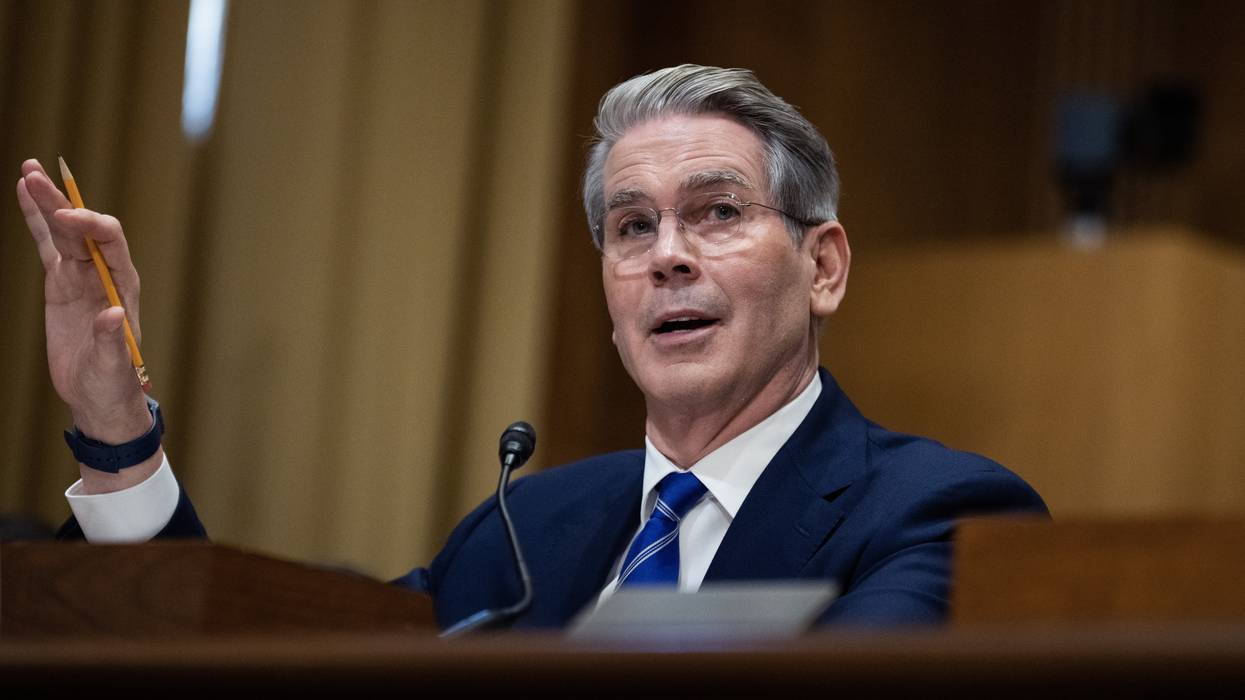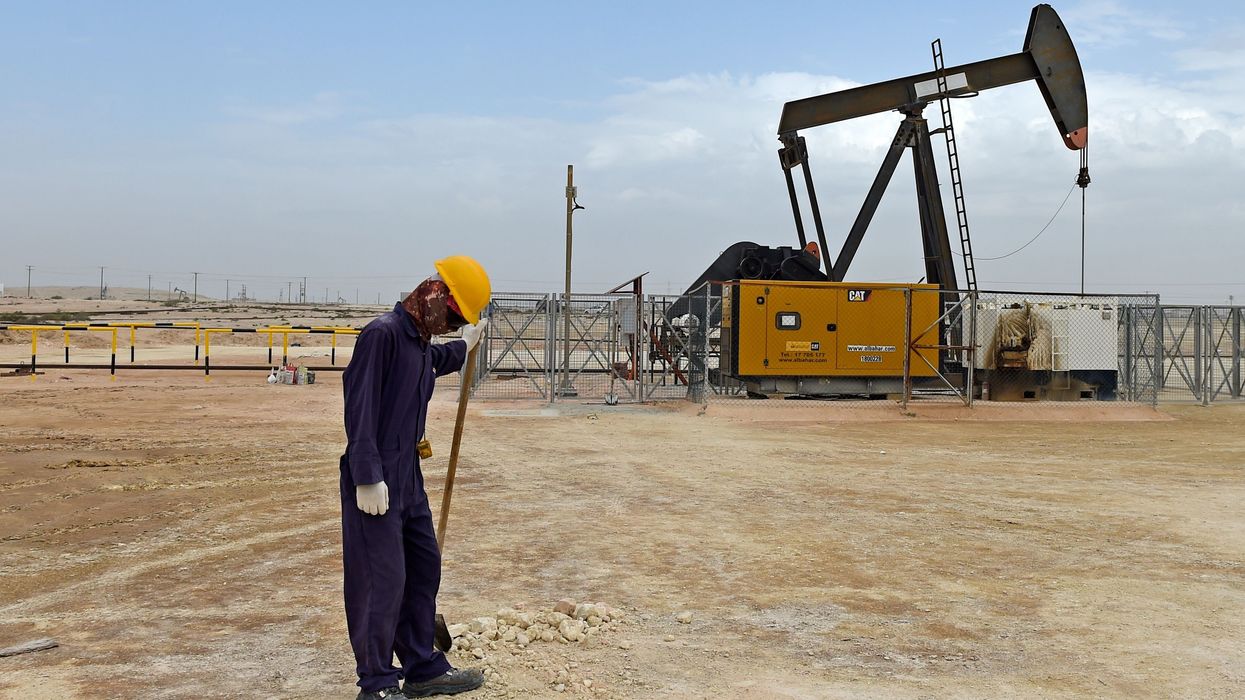While FOMC
said that "recent indicators suggest that economic activity has continued to expand at a solid pace," the committee noted that "uncertainty around the economic outlook has increased."
Fears of an economic slowdown or even a recession have increased dramatically since Trump took office and
imposed tariffs on some of the nation's biggest trade partners while moving to gut critical social programs in order to fund a $4.5 trillion tax cut that will overwhelmingly benefit wealthy Americans.
"Inflation has started to move up now. We think partly in response to tariffs and there may be a delay in further progress over the course of this year," Federal Reserve Chair Jerome Powell
said during a Wednesday news conference, at which he said interest rates will remain unchanged. "The survey data [of] both household and businesses show significant large rising uncertainty and significant concerns about downside risks."
The economic justice group Groundwork Collaborative said the FOMC projections show that "Trump is steering our economy toward disaster," while warning of the possible return of
stagflation, a combination of low or negative economic growth and inflation.
Alex Jacquez, the chief of policy and advocacy at the Groundwork Collaborative and a former adviser at the White House National Economic Council during the Obama administration, said in a
statement that "the Federal Reserve's projections confirm what millions of Americans are already thinking: President Trump is steering our economy toward disaster."
"Voters elected President Trump to lower the cost of living, and instead, they continue to be saddled with persistently high inflation and interest rates," Jacquez continued. "Launching chaotic trade wars with our allies and gutting Social Security, Medicaid, and other vital programs in order to fund tax breaks for his billionaire donors isn't making life more affordable for working-class families. It is, however, a perfect recipe for stagflation."
Trump's economic policies—which some observers
believe could be designed to deliberately tank the economy so that the ultrawealthy can buy up assets at deep discounts—have sent consumer confidence plummeting. Meanwhile, recent polls have revealed that a majority of voters disapprove of Trump's handling of the economy and inflation.
The latest FOMC forecast came as the world braces for yet another escalation of Trump's trade war, with the president threatening to implement worldwide reciprocal tariffs starting April 2.
The Organization for Economic Cooperation and Development (OECD) said Monday that Trump's trade war is likely to slow economic growth in the United States and around the world.
"The global economy has shown some real resilience, with growth remaining steady and inflation moving downwards," OECD Secretary-General Mathias Cormann said. "However, some signs of weakness have emerged, driven by heightened policy uncertainty."
"Increasing trade restrictions will contribute to higher costs both for production and consumption," Cormann added. "It remains essential to ensure a well-functioning, rules-based international trading system and to keep markets open."




